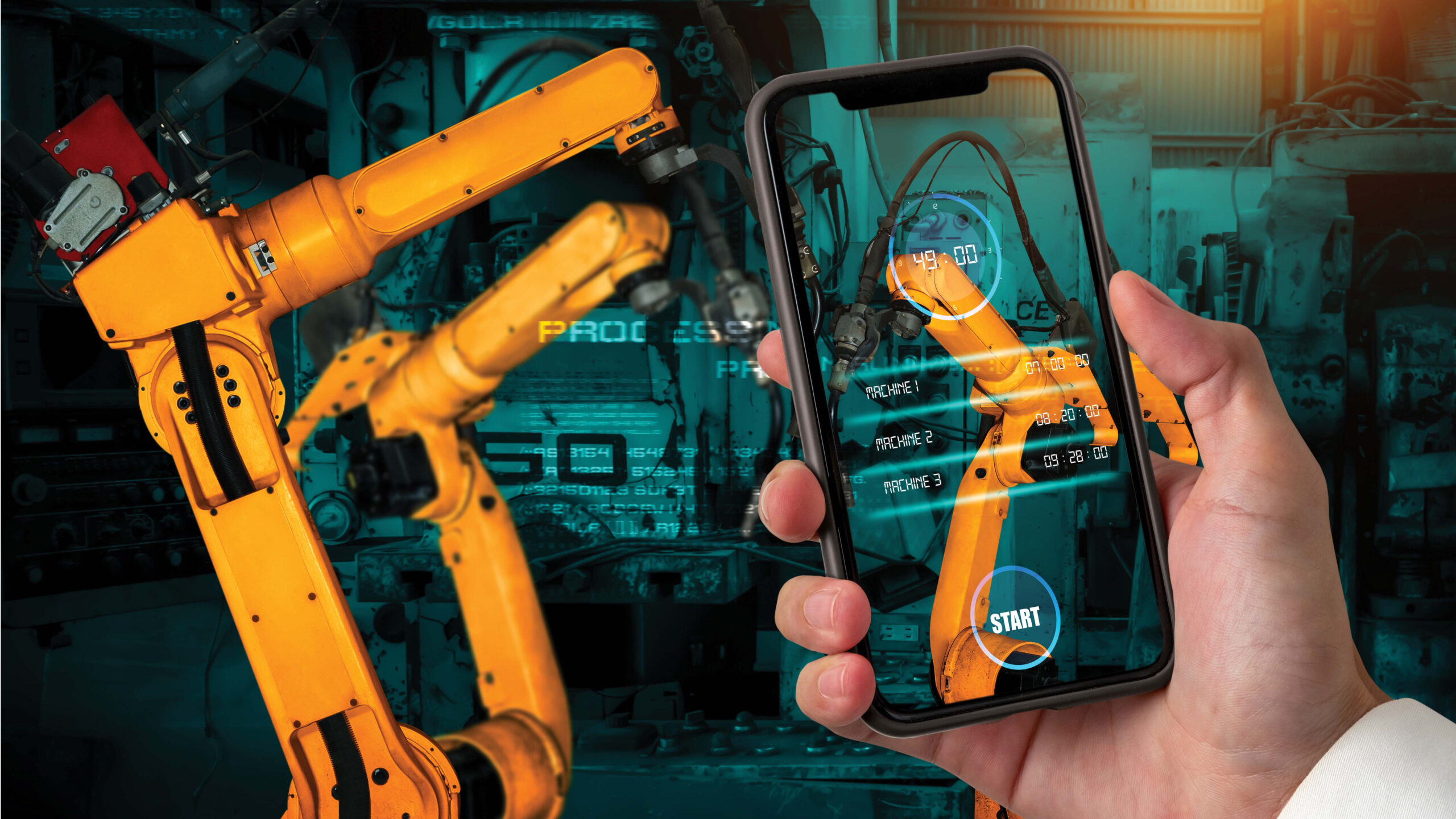AIRE, or the AI & Robotics Estoniatechnology hub, is offering manufacturing companies training, advice, and new, digital, tailor-made solutions that cannot be found on the open market. Currently we are in a preparatory piloting phase – legally the centre will be launched in 2022 after the funding decision from the European Commission. The hub is aiming to help make Estonian manufacturing companies more competitive in foreign markets.
AIRE is led by Tallinn University of Technology, and its partners are the University of Tartu, the Estonian University of Life Sciences, Tehnopol Science and Business Park, Tartu Science Park, and the Innovative Manufacturing Engineering Systems Competence Centre IMECC. The Ministry of Economic Affairs and Communications is putting almost half a million euros into the preparation phase in 2021-2022: preparing the final proposal to EC, developing the services of the hub and its work will be piloted through Estonian universities and science parks. Professional associations, clusters, chambers of commerce, telecoms companies, developers of robotics systems, banks, importers of robotics and many others are also involved as collaboration partners.
One important goal is to help companies find additional funding for applying artificial intelligence and robotics in their development projects, using funds from structural grants, the recovery fund, the Horizon programme, the Digital Europe Programme (DEP) and elsewhere.
Head of the AIRE hub Kirke Maar explained that the key idea is to bring universities closer to industrial companies, so that teaching and research work can be made more applicable in practice, and better aligned with the needs of employers. “In the longer term AIRE will help to ease the concerns of businesses about labour supplies, such as where to find additional production managers, engineers, IT specialists and quality managers. We are currently trying to take small steps to give clear examples through the training, consultation and demo projects of AIRE of how industrial companies can collect and process data and so use big data to build AI solutions in future to manage their businesses better and so optimise production, control quality, manage energy consumption, avoid stoppages on production lines, and much more. We are also very keen on hearing the ideas of manufacturing companies and their proposals for how we can work together, and we are planning an open call for small projects at the start of 2022”, she said.
“One of the top priorities of the AIRE for universities is the network and the mapping of exactly which data companies have and how it could be collected in future. Then we can ask what kind of strategic issues there are in production management that could be answered by analysing and building algorithms with big data and possible ways to use artificial intelligence in creating development at businesses”, said Professor Jaak Vilo, head of the Institute of Computer Science of University of Tartu. He explained further that by working together, possible standard solutions and providers for them can be thought of, while problems that desperately need applied science from universities can be identified, and fundamental research could possibly even be carried out. “It is difficult to know without starting a dialogue what one party wants and what the other can do, and where there are bottlenecks preventing ready-made solutions from being applied”, he noted.
AIRE is the Estonian candidate to the network of European Digital Innovation Hubs (EDIH), that will be launched over Europe in 2022. Top European experts from other EDIH’s will also be able to bring their knowledge, experience and contacts to Estonia.
First robotics training for Estonian manufacturing companies started on 26 October, with a training course in robotics led by experts in Estonian manufacturing and science. The course will be led by Professor Jüri Riives of Tallinn University of Technology, founder of the Innovative Manufacturing Engineering Systems Competence Centre (IMECC), who explained that it will give an understanding of the feasibility of robotisation, clear explanations of the choice between industrial and cooperative robots, guidelines on robotising a workplace, and help in assessing the risks of robotisation (for more see https://aire-edih.eu/yritus/?27983). Registration for the training course is open until 22 October.
The AIRE Club will start work in November to build a community where information can be exchanged about development prospects in robotics and artificial intelligence, best practice, financial support, and the digitalisation of manufacturing. The first AIRE Club meetings will be held on 3 Novemberin Tartu and 10 December in Tallinn (for more see aire-edih.eu). The demonstration projects of AIRE and its plans for 2022 are described on its website.
News about the launch of AIRE can also be found at: Tööstusuudised.ee; Geenius.ee; Postimees.
